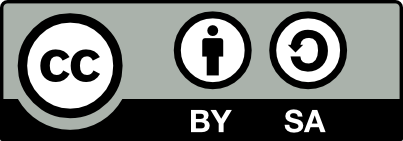Mehrworteinheiten in der Fremdsprachendidaktik. Die Vorstellung des Projekts PHRASEOLAB / Multi-Word Units in Foreign Language Didactics. The Presentation of the PHRASEOLAB Project)
DOI: 10.23817/lingtreff.23-17 (data publikacji online: 2023-07-09)
s. 279–289
Słowa kluczowe: stałe jednostki wielowyrazowe, dydaktyka języków obcych, frazeologia, badanie korpusowe
Multiword Units are an inseparable part of learning foreign languages. Routineforms, collocations and idioms are being researched in many studies. The foreign language didactics is focused on optimizing language acquisition of multiword units. In this article will be presented the international project “PhraseoLab –Learning multiword units through English”, which purpose is to share an Open Educational Ressource for learners, who already have gained adequate English skills to use them in learning German. An important issue by formulating PhraseoLab teaching materials is the selection of multiword units. Only these routineforms, collocations and idioms, which are frequent in spoken German and are essential for the learning person will be consulted in future PhraseoLab tasks. In second part of the article will be shown the results of the corpus survey, which researched the frequency of about 1100 idioms by using DGD Mannheim corpus taking into consideration the spoken language. The investigation, which is presented in the empirical part was carried out by the author of this article and Sulikowska about 20 years after the publication of “Phraseologisches Optimums” by Hallsteinsdóttir, Sajánková and Quasthoff. The goal was to become newer and current results. At the end are highlighted 30 idioms, which frequency in spoken German from DGD corpus is the most common.

